Opinion: FIFA's Scottish invite to World Cup debate is proof the biannual idea is being taken seriously
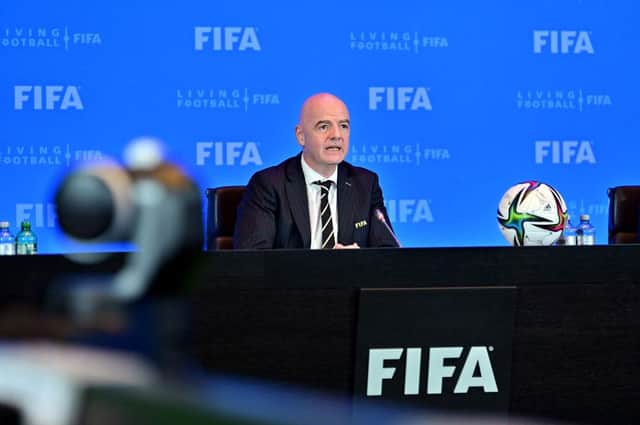

It was only in May that Saudi Arabia first put forward what seemed like a half-baked idea, given how managers are always saying players need more rest, not more tournaments.
But the fact that 166 of the 211 member countries were in favour of a feasibility study on the Saudi plan shows just how easily this idea, which is backed by FIFA President, Gianni Infantino, might fly.
Advertisement
Hide AdAdvertisement
Hide AdNote how the sport’s world governing body is already rolling out opinion polls saying fans are backing a plan which could substantially hike the billion dollars in revenue it currently gets from the tournament every four years.
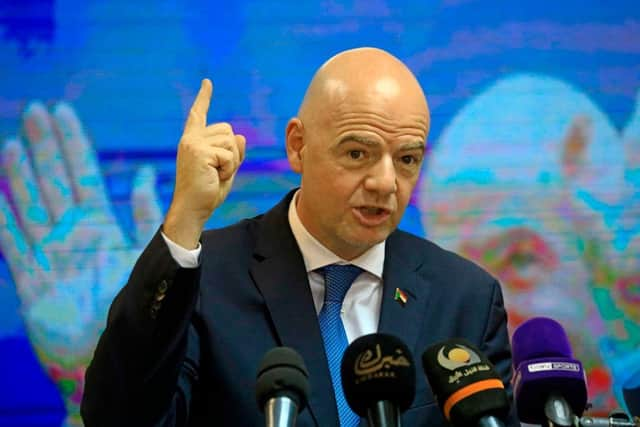

Two confederations – UEFA and its South American counterpart CONMEBOL – have come out against the proposal.
But the three other main bodies where the vast majority of the votes lie – the Asian Football Confederation, the North American CONCACAF region and the Confederation of African Football - have welcomed it, not least because they will be getting more of that FIFA money.
Faced with that, the European and South American blocks are unlikely to muster the one-third total likely needed to block any proposal given they only combine for 65 of the 211 FIFA members.
So it is looking like that, come the vote next year, ‘what FIFA wants, FIFA gets’ and we could be saying goodbye to pre-season training for our domestic leagues and getting used to the idea of winter world cups as more countries in hotter parts of the planet play host.
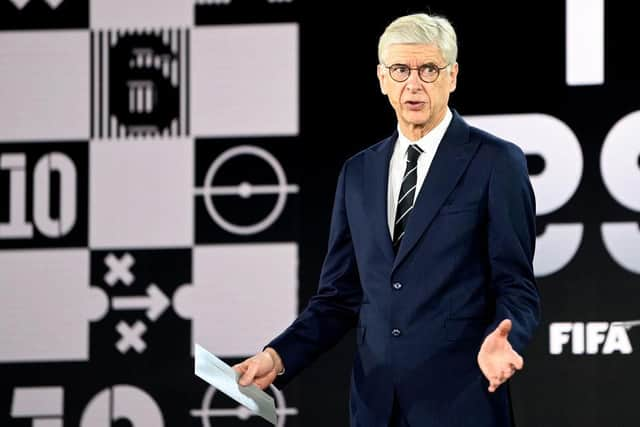

One of the most passionate opponents of the idea is Jurgen Klopp who singled out the idea of a 25-day mandatory rest period for the players when the tournament ends which the Mr Reasonable architect of the idea, Arsene Wenger is proposing.
When the Premier League lost its pre-season last year due to the Covid pandemic , managers claimed the lack of preparation for players had led to more injuries.
But the fact that this would become the norm is what Klopp is railing about, bemoaning the loss of his club’s ability to go away pre-season and get ready for the year ahead.
Advertisement
Hide AdAdvertisement
Hide AdBut for every Klopp and Gareth Bale, who spoke out saying the World Cup is special because it is only held every four years, there’s a Ronaldo (the Brazilian one), a Peter Schmeichel or a Yaya Toure saying it’s a good idea.
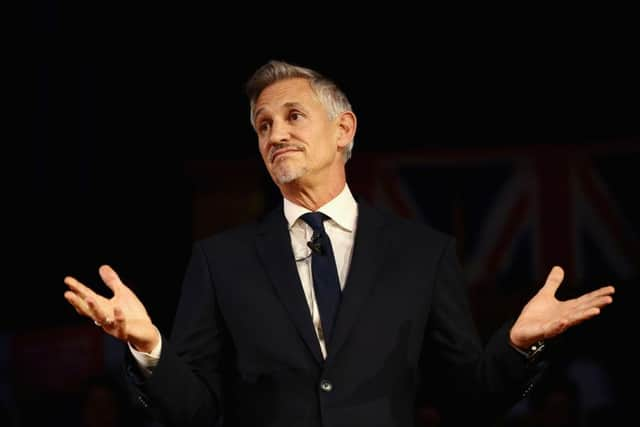

Everyone agrees the international calendar needs reform; what soccer fan doesn’t get that sinking feeling when matches are stopped so their country can play a game that nobody cares about.
That other Mr Reasonable, Gary Lineker, said he’d love to have a World Cup every year and having the Champions League as often as that doesn’t dilute the aura that surrounds it.
But he also pointed out the need for there to be fewer qualifiers, maybe held in one place to reduce football’s carbon footprint and put an end to the five international breaks in September, October, November, March and June.
The UEFA boss, Aleksander Ceferin, even claimed those against the proposals could boycott the event if the plans are passed, putting it bluntly: “We can decide not to play it. As far as I know, the South Americans are on the same page. So good luck with a World Cup like that..”
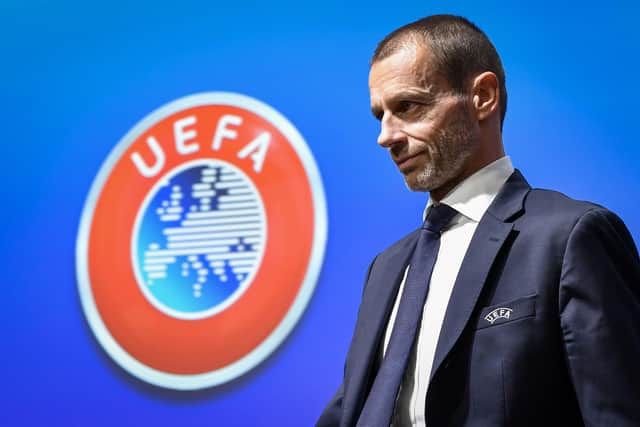

And while a World Cup without Europe and South America would be pretty meaningless, it would be to everybody’s loss.
The job of the SFA now is to join the other football bodies and use Mr Wenger’s plans as starting point to come up with reforms that work for all.
For example, the Leeds United boss, Andrea Radrizzani, has suggested hosting the World Cup every three years instead.
Advertisement
Hide AdAdvertisement
Hide AdThe Wenger plan includes hosting of the confederation’s own tournaments, like the Euros or Copa America, every two years as well but doesn’t take into account the Olympics, which includes football, and the Women’s World Cup just as it is finally getting off the ground.
You can see the attraction of countries outside Europe and South America to the plan: it gives them a better shot at appearing in the tournament, although it’s hard to see how the same teams won’t keep qualifying.
But if, as Mr Wenger insists, it’s also about having more meaningful international matches this is something everyone can surely agree on.
A compromise, such as every three years, is where we may end up but as the European Club Association chairman and PSG boss, Nasser Al-Khelaifi, an ally of Mr Ceferin, said:
“What we want is engagement. But then let’s talk. FIFA haven’t approached us yet. Let them approach us, and then we will have a discussion.”
In other words, this is as much a power struggle between FIFA and UEFA as a roadmap for the future of world football.
Anthony Harwood is a former foreign editor of the Daily Mail.
Comments
Want to join the conversation? Please or to comment on this article.